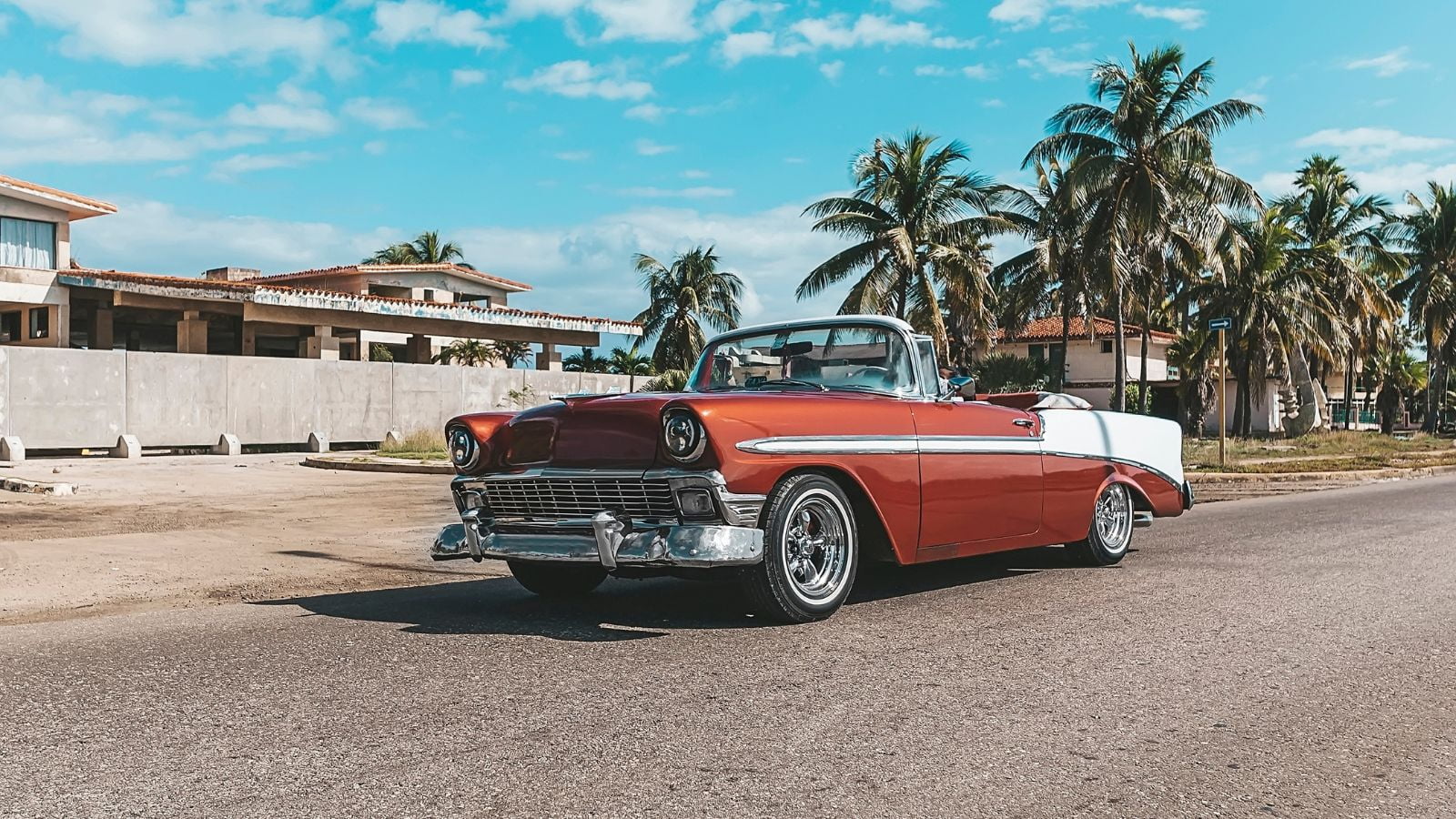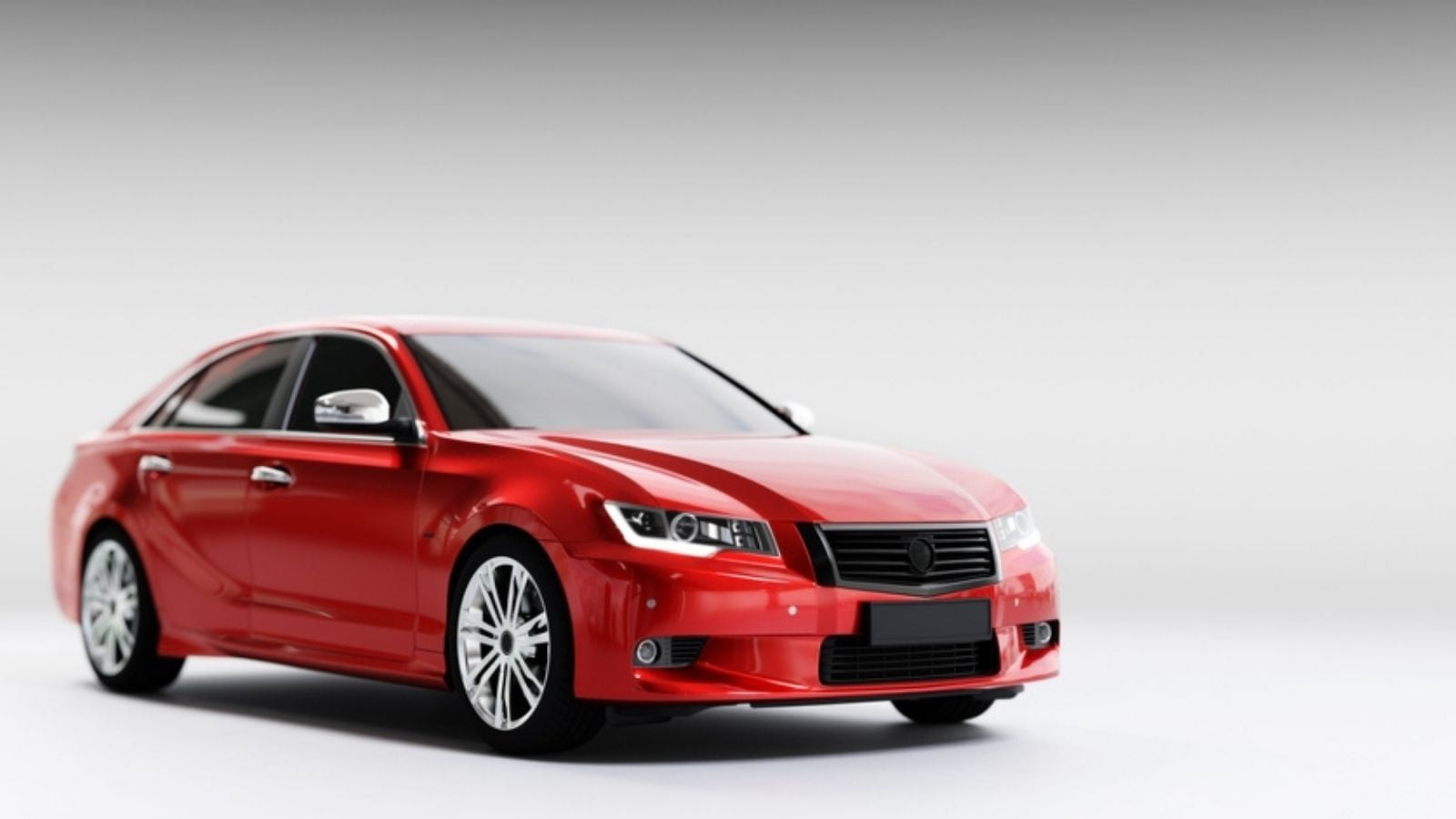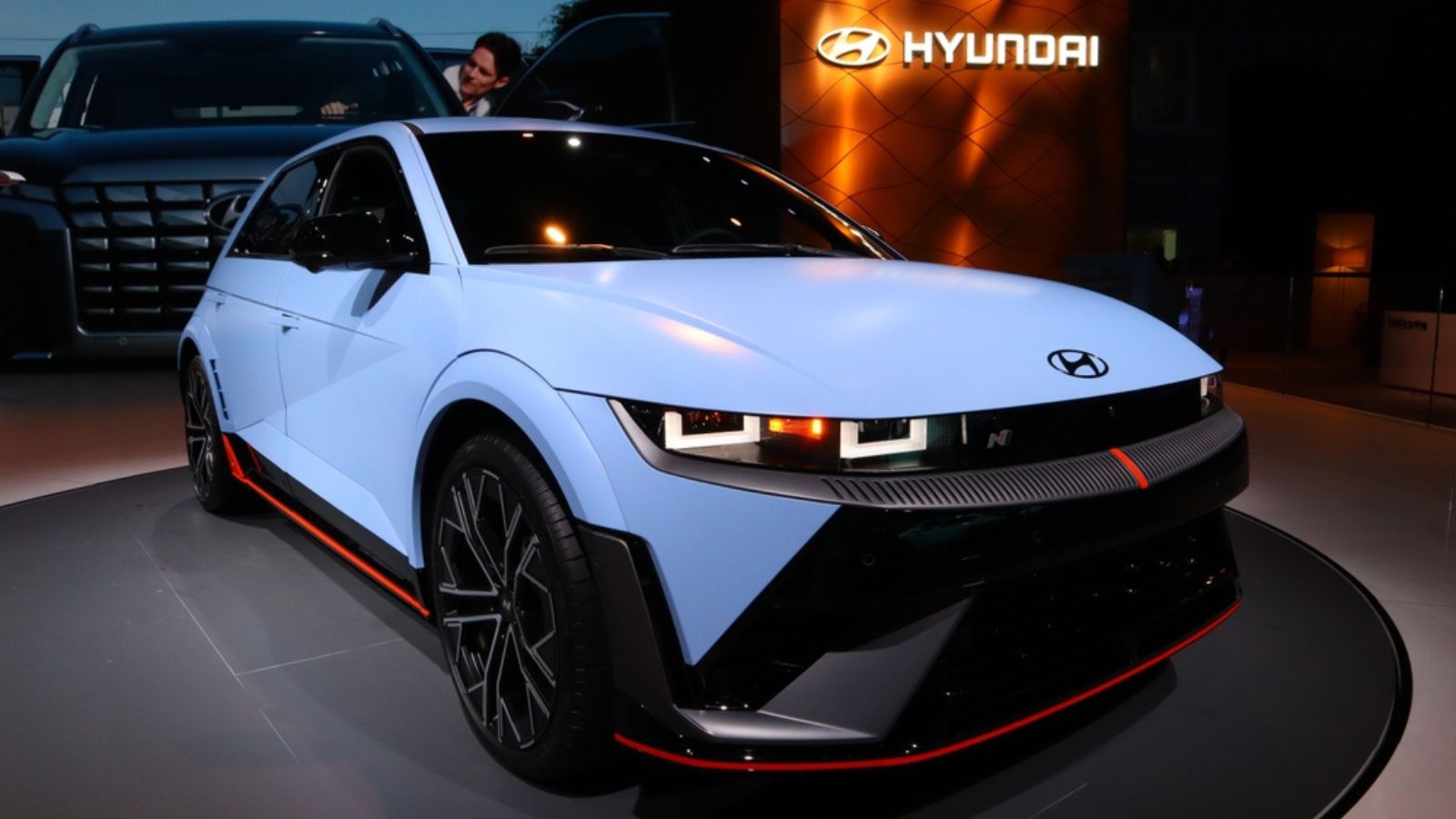Do you remember Lightning McQueen from the Cars trilogy? This iconic car is known not just for its performance but also for its striking looks. This fascination isn’t limited to animation. In real life, sports cars have always captured the imagination of fans and observers alike. These machines are powerful and visually stunning, creating an exhilarating driving experience both for drivers and spectators. Here are 11 reasons certain sports cars have become more than just vehicles.
Eye-catching Appearance

One of the most common reasons certain sports cars have achieved legendary status is their irresistible design. Cars like the Ferrari 250 GTO, the Jaguar E-Type, and the Lamborghini Miura are called out as much for their attractiveness as for their performance. If there were a fashion show for cars, these vehicles would be showstoppers because of the boldness in their build that captures their elegant look.
Technological Innovation

Engineers of many sports cars have attempted to push the boundaries of technology to research new technologies and to create the most incredible machines. For Example, the Porsche 959 featured the then-rare technology of all-wheel drive and suspension system, and this took place in the 1980s, making it a groundbreaking exercise. Another example is the Bugatti Veyron, which presented with a quad-turbocharged W16 engine and modified what was possible regarding speed and engineering. These new technology top-ups are often replicated down to more mainstream vehicles, which then influences the automotive industry as a whole.
Cultural Impact

Several sports cars have left their mark on pop culture. They signify a particular era or lifestyle. The sports car that comes into mind with one of the most phenomenal cultural impacts is the Ford Mustang, which became a representative of American culture, bearing the flag of the spirit of freedom and free will in the 1960s. Similarly, through a superb performance in the film series ” Back to the Future,” the car DeLorean DMC-12 achieved enormous fame. These cars are not just modes of transport; they are of cultural importance that resonate with people on a deeper level.
Racing Pedigree

The number of trophies becomes proportional to a sports car’s popularity. Brands like Ferrari, Porsche, and McLaren have had victorious streaks in racing by participating in prestigious events such as Le Mans and Formula 1. The success of these cars on the track often adds to their prestige on the road since consumers connect them with a winning pedigree. The love for racing also improves the emotional appeal of this vehicle and creates a sense of heritage and tradition.
Exclusivity and Rarity

When I say limited edition, you think of something premium and inaccessible to the general public. The rarer the item, the more valuable it becomes. Many sports car companies employ this marketing strategy by not mass-producing car models. One example is the Ferrari LaFerrari, which only had about 499 copies. Even rarer is the McLaren F1, which had only 105 siblings. These numbers make the collectors extremely anxious. They can have it at a higher price or admire it in someone else’s collection.
Engineering Marvels

Some sports cars are celebrated for their engineering brilliance. The Mazda MX-5 Miata, for instance, is renowned for its perfect balance and driving dynamics. It’s not the fastest car on the road, but its lightweight design, rear-wheel-drive layout, and precise handling make it a joy to drive. Similarly, the Nissan GT-R, often dubbed “Godzilla,” is praised for its advanced all-wheel-drive system and twin-turbocharged V6 engine, which provides phenomenal performance and handling. These engineering feats make these cars exceptional to drive and own.
Historical Significance

Certain sports cars hold significant historical value, marking important milestones in automotive history. The Mercedes-Benz 300 SL Gullwing, with its distinctive upward-opening doors, was one of the first cars to feature fuel injection, significantly improving performance. The Ford GT40, developed to compete with Ferrari at Le Mans, represents a pivotal moment in racing history when American engineering triumphed on the global stage. These cars are celebrated not only for their performance but also for their contributions to automotive progress.
Technological Transfer

Sports cars often serve as testbeds for new technologies that eventually become everyday vehicles. Once exclusive to high-performance sports cars like the Porsche 918 Spyder and the Tesla Roadster, hybrid and electric technologies are now becoming mainstream. The lessons learned from these high-performance applications help improve efficiency, safety, and performance in regular cars, showcasing the importance of sports cars in the broader context of automotive development.
Celebrity Endorsements

Celebrity and influential figures’ endorsement of sports cars can significantly boost their status. When figures like Steve McQueen drove a Ford Mustang in “Bullitt” or James Bond was seen behind the wheel of an Aston Martin DB5, these cars instantly became symbols of coolness and sophistication. Celebrity associations add a layer of glamour and desirability, making cars more than just vehicles; they are symbols of a particular lifestyle.
Emotional Connection

Driving a sports car often provides an emotional connection beyond the act of driving. The sound of the engine, the feel of the road, and the thrill of acceleration can create a visceral experience that stays with the driver. Cars like the Alfa Romeo Spider, immortalized in “The Graduate,” offer more than just performance; they offer a connection to a time, a place, and an emotion. This emotional connection can turn a car into a cherished part of one’s life story.
Brand Heritage

The brand’s legacy can elevate the status of its sports cars. For decades, companies like Ferrari, Lamborghini, and Aston Martin have cultivated images of luxury, performance, and exclusivity. Owning a car from such a marque is often seen as owning a piece of history. The brand’s commitment to excellence and its storied past adds an intangible value to its vehicles, making them more than just machines but part of a legacy.
15 Most Reliable Cars Ever Made — Why They Never Quit

Some claim that the dependability of autos has decreased. Modern cars have a shorter lifespan than some cars manufactured between the 1970s and the 1990s, but some new and used cars today are good enough to last for at least ten years and up to 500,000 miles. When these vehicles break down, most problems are relatively simple, and many don’t have serious difficulties. Here are 15 of the most reliable cars ever made:
15 Most Reliable Cars Ever Made — Why They Never Quit
